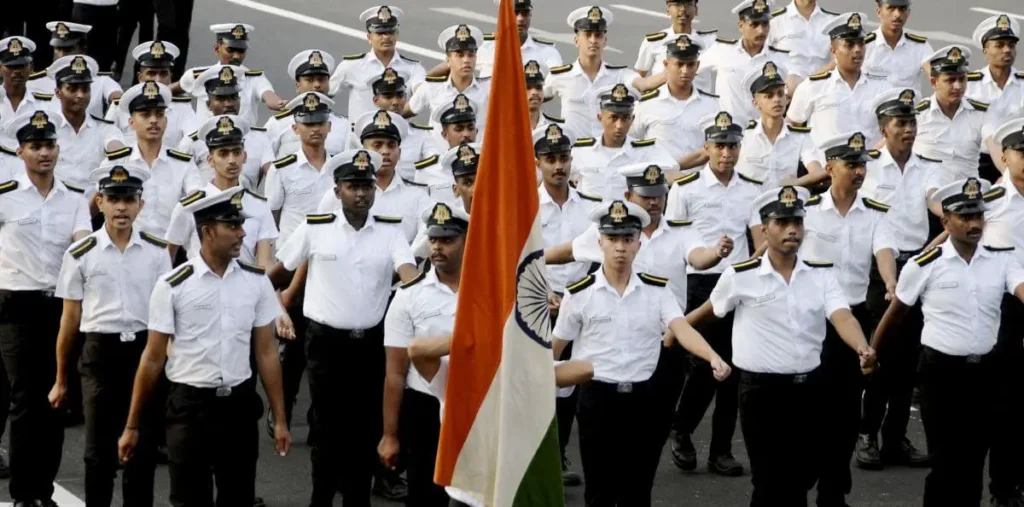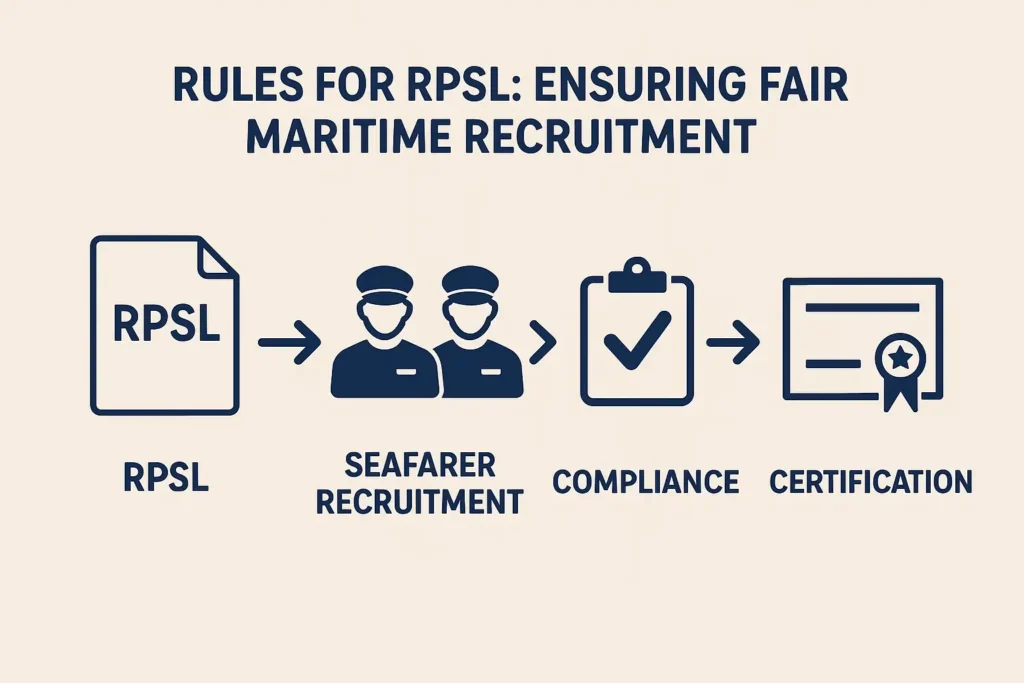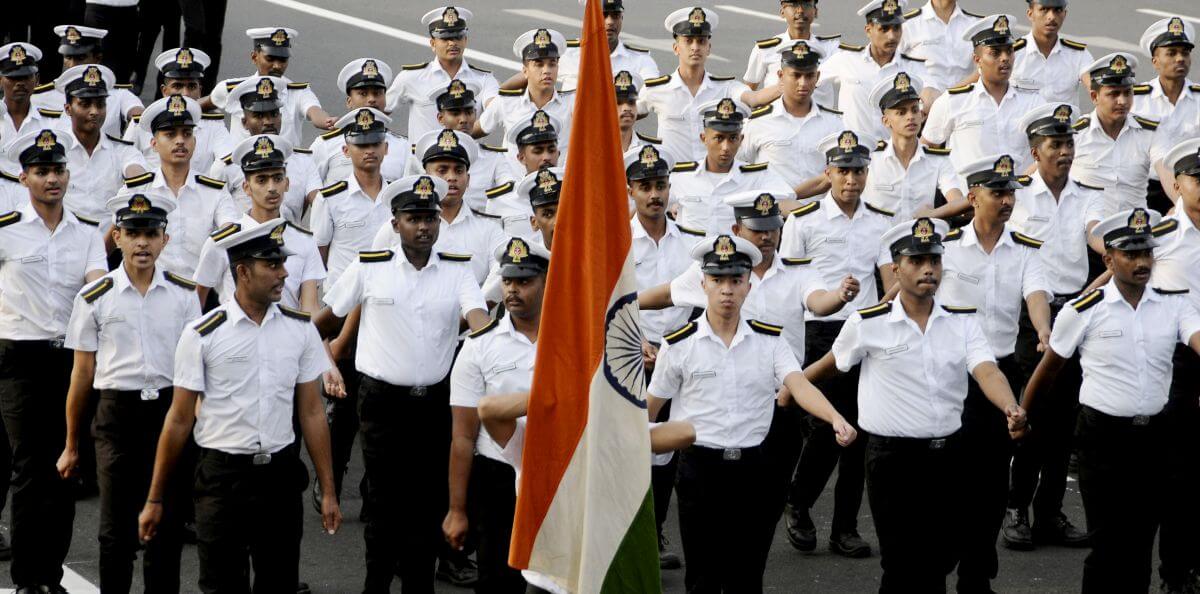The Recruitment and Placement Service License (RPSL) is a mandatory certification for agencies involved in the recruitment and placement of seafarers in India. Governed by the Directorate General of Shipping (DGS) under the Merchant Shipping (Recruitment and Placement of Seafarers) Rules, 2005, this license ensures transparency, ethical recruitment, and compliance with international maritime labor standards.

With the maritime industry expanding, obtaining and maintaining an RPSL has become critical for manning agencies and ship management companies. Below, we explain the key rules, compliance requirements, and practical guidance to help stakeholders navigate the process efficiently.
What is RPSL and Why is it Important?
- Definition: RPSL authorizes an agency to recruit and place Indian seafarers on ships.
- Objective: To protect seafarers from exploitation, ensure fair wages, and maintain international safety standards.
- Legal Basis: Issued under the Merchant Shipping Act, 1958 and enforced through DGS Circulars.
- Compliance with MLC, 2006: Ensures India meets the Maritime Labour Convention (MLC) requirements.
Example: Agencies without RPSL cannot legally deploy Indian seafarers, and shipowners risk heavy penalties if they engage with non-compliant agencies.
Key Rules and Compliance Framework

The following table provides an overview of core requirements for RPSL agencies:
| Requirement | Description |
| Application Process | Submit application online via DGS E-Governance with required documents. |
| Infrastructure | Maintain a functional office, trained staff, and proper IT systems for crew management. |
| Financial Standing | Show adequate financial resources to meet liabilities and crew welfare. |
| Audit & Inspection | Subject to annual inspections by DGS to verify records, contracts, and seafarer grievances. |
| Validity | RPSL is valid for 5 years, renewable on compliance verification. |
| Seafarer Welfare | Agencies must ensure prompt wage payments, proper insurance, and grievance redressal mechanisms. |
Step-by-Step Process to Obtain RPSL
- Prepare documentation – company incorporation, financial statements, and seafarer employment agreements.
- Apply online on the DG Shipping portal.
- Inspection by DGS officials – verification of office premises, contracts, and records.
- Provisional RPSL issuance – if requirements are met.
- Final RPSL license – issued after successful audit and verification.
Tip: Platforms like Indosearch RPSL Services help agencies prepare documentation and navigate audits efficiently.
Key Compliance Areas for RPSL Agencies
- Employment Contracts: Must align with DGS templates and international wage standards.
- Grievance Handling: Agencies must have a clear process to resolve seafarer complaints quickly.
- Data Submission: Periodic uploading of crew contracts and voyage data on DGS portal.
- Medical Compliance: Ensure seafarers are examined by DG Shipping–approved doctors before deployment.
- Audit Readiness: Maintain updated records for annual verification.
Penalties for Non-Compliance
- Suspension of License: For failure to maintain proper records or violating DGS guidelines.
- Blacklisting of Agency: If found engaging in fraudulent recruitment practices.
- Legal Action: Under the Merchant Shipping Act, 1958, non-compliance can lead to fines or imprisonment.
For official guidelines, see the DGS Merchant Shipping Notices.
Strengthened Oversight and Digital Compliance
In recent years, the Directorate General of Shipping (DGS) has strengthened its monitoring mechanisms to ensure stricter compliance with RPSL requirements. Digitalization of records through the DG Shipping e-governance portal now allows real-time tracking of employment contracts, medical fitness certificates, and wage payments, reducing the scope for malpractice. Agencies are also required to demonstrate their ability to handle emergencies such as crew abandonment or medical evacuation, ensuring seafarer welfare beyond the recruitment stage. With the Indian maritime workforce playing an increasingly critical role in global shipping, maintaining a valid RPSL license is not just a legal formality—it is a mark of credibility, ethical recruitment, and international recognition.

